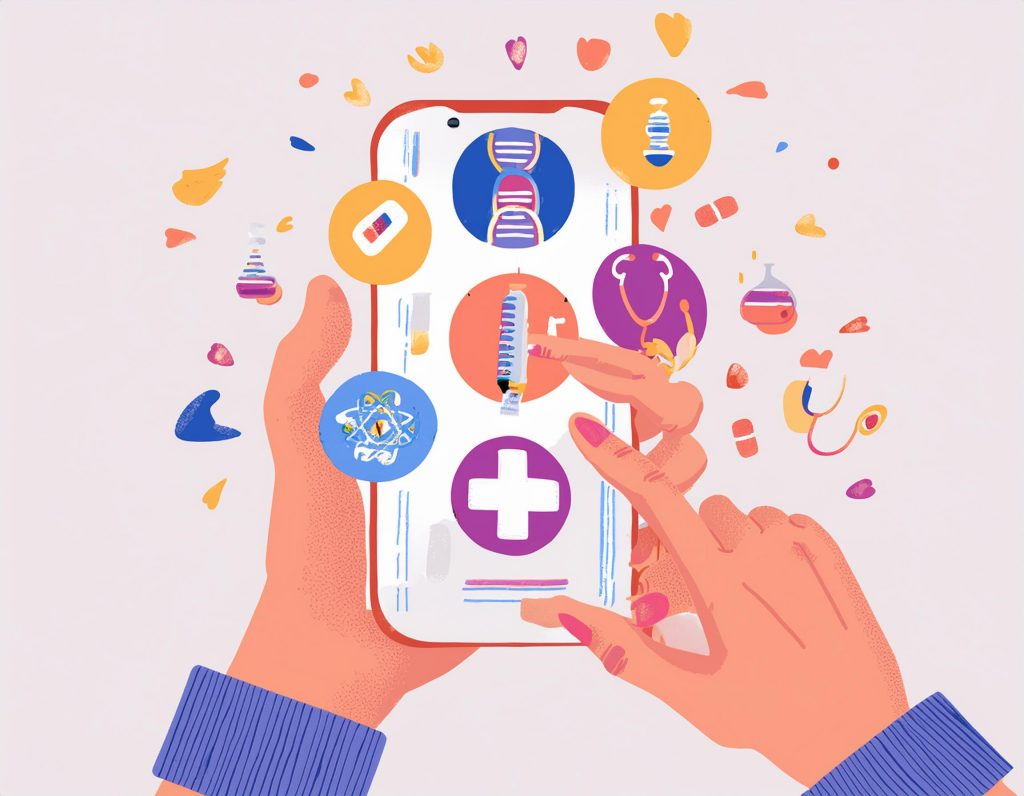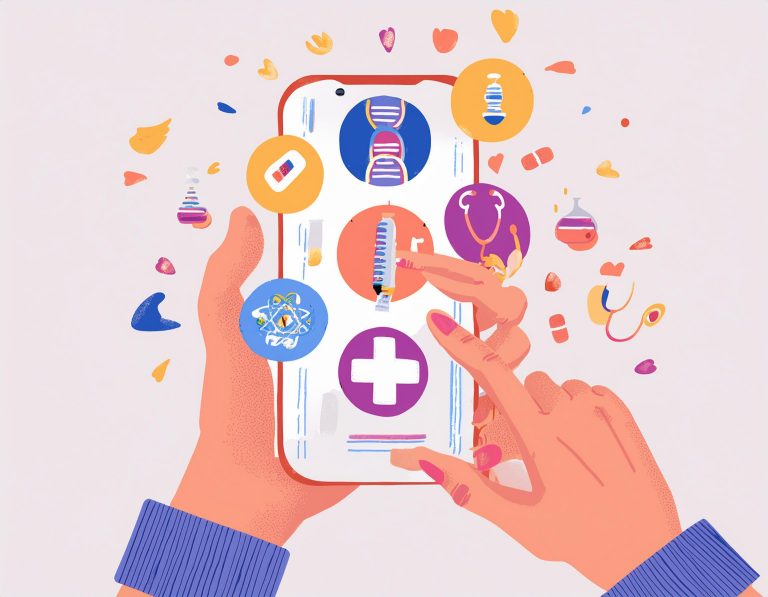In the dynamic landscape of public health and global health research, visibility and collaboration are essential for advancing knowledge and making an impact. As researchers, leveraging platforms that amplify our work and connect us with a global community is crucial. These academic networking tools—ResearchGate, Academia.edu, Google Scholar, ORCID, Mendeley, Scopus, and Web of Science—are vital for showcasing research, tracking its impact, and fostering collaboration.
Public health is inherently collaborative and requires diverse stakeholders’ input. By using these platforms effectively, researchers can ensure their findings reach those who can implement change, maximizing their work’s impact. These tools provide valuable metrics and analytics, helping researchers understand their work’s reach and influence, secure funding, shape future research, and demonstrate societal impact.
Mastering these tools is not just about visibility; it’s about fostering an interconnected research community and ensuring valuable public health research reaches practitioners and policymakers. By embracing these digital resources, public health researchers can drive the global health agenda and make a tangible difference worldwide.
ResearchGate
ResearchGate is a social networking site for scientists and researchers to share papers, ask and answer questions, and find collaborators. It allows users to upload their research, follow the work of other scientists, and stay up to date with the latest developments in their field. The platform also offers tools for tracking metrics such as citations and reads.
Academia.edu
Academia.edu is a platform for academics to share research papers. The site aims to facilitate the sharing of academic work and make research more accessible to a broader audience. Users can upload their papers, monitor analytics on who is reading their work, and follow other researchers to keep up with their publications.
Google Scholar
Google Scholar is a freely accessible web search engine that indexes the full text or metadata of scholarly literature across various publishing formats and disciplines. It includes most peer-reviewed online academic journals and books, conference papers, theses and dissertations, preprints, abstracts, and technical reports. Google Scholar provides a simple way to broadly search for scholarly literature.
ORCID
ORCID (Open Researcher and Contributor ID) provides researchers with a unique identifier, helping to ensure that their work is correctly attributed to them. It aims to solve the name ambiguity problem in research and scholarly communications by providing a unique identifier that can be used to link research outputs and activities to their creators.
Mendeley
Mendeley is a reference manager and academic social network that helps researchers organize their research, collaborate online, and discover the latest research. It allows users to manage and share research papers, find data, and collaborate online.
Scopus
Scopus is a comprehensive abstract and citation database for peer-reviewed literature, including scientific journals, books, and conference proceedings. It covers research output in science, technology, medicine, social sciences, and arts and humanities. Scopus provides tools to track, analyze, and visualize research output and impact.
Web of Science
Web of Science is an online subscription-based scientific citation indexing service originally produced by the Institute for Scientific Information (ISI). It provides comprehensive citation data for many different academic disciplines. The platform is used to identify influential articles, authors, and journals by providing citation counts and other metrics.
Each platform offers unique features and services to support the needs of researchers, academics, and institutions. They all aim to facilitate scholarly information dissemination, discovery, and management.
These academic networking tools allow researchers to easily share their work, track their impact, and collaborate with peers worldwide. This enhances the visibility and accessibility of their research, fosters greater collaboration, and accelerates the advancement of knowledge. Embracing these digital resources is essential for making meaningful contributions to the scientific community and addressing global health challenges.







